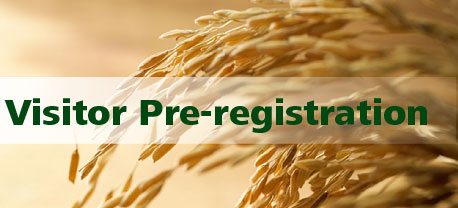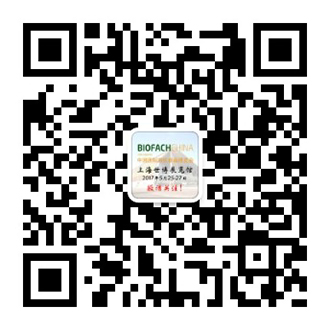News of Organic Industry
Review: discussion on EU Organic Regulation
At a panel discussion on the new EU organic regulation held in Berlin, members of parliament and spokespersons from companies and agriculture debated with representatives from German and European agencies. They were invited to take part by Martin Häusling, spokesman for the Greens/EFA on agriculture in the European Parliament and parliamentary rapporteur for the new organic regulation.
Pesticide residues on organic fields
An important theme in the debate was how to deal with pesticide residues that blow unintentionally onto organic land from neighbouring fields. Häusling and deputy rapporteur Norbert Lins (EVP) explained that the proposed organic regulation is being criticised by 16 EU states because it does not contain specific threshold values for pesticide residues. These countries include Belgium, Italy and Slovakia that already have threshold values or even zero tolerance.
Häusling maintained that where no threshold values are introduced in the future it's a question of raising consumer confidence by intensifying precautionary measures. Nicolas Verlet, head of the Organic Agriculture Department in the Directorate General Environment, affirmed that farmers were already obliged to take precautionary measures. He tried to allay the fears of farmers that too stringent conditions would be imposed in preventing, for example, wind-blown contamination: it was only a question of taking action in cases of “well-founded suspicion” and putting in place “appropriate” precautions against contamination from fields of conventionally grown crops or the mixing of organic and non-organic along the transport and processing chains. Moreover, the intention is to take stock four years after the introduction of the new regulation and to consider possibly tightening the rules.
Organic imports from third countries
Häusling and Lins expect significant improvements to follow from the future requirement that suppliers in third countries produce their products in compliance with EU standards. Häusling and Lins explained that this departure from the current equivalence principle, which means that the organic standards of a particular country are recognised as sufficient, has become necessary on account of the huge increase in the volume of imports mainly from the non-EU states in Europe.
Klaus Rapp, an organic farmer from Austria, emphasised how important it is for organic agriculture to be able to use organically bred seed, for which the future Organic Regulation is creating a sound basis for the first time.
Pesticide residues on organic fields
An important theme in the debate was how to deal with pesticide residues that blow unintentionally onto organic land from neighbouring fields. Häusling and deputy rapporteur Norbert Lins (EVP) explained that the proposed organic regulation is being criticised by 16 EU states because it does not contain specific threshold values for pesticide residues. These countries include Belgium, Italy and Slovakia that already have threshold values or even zero tolerance.
Häusling maintained that where no threshold values are introduced in the future it's a question of raising consumer confidence by intensifying precautionary measures. Nicolas Verlet, head of the Organic Agriculture Department in the Directorate General Environment, affirmed that farmers were already obliged to take precautionary measures. He tried to allay the fears of farmers that too stringent conditions would be imposed in preventing, for example, wind-blown contamination: it was only a question of taking action in cases of “well-founded suspicion” and putting in place “appropriate” precautions against contamination from fields of conventionally grown crops or the mixing of organic and non-organic along the transport and processing chains. Moreover, the intention is to take stock four years after the introduction of the new regulation and to consider possibly tightening the rules.
Organic imports from third countries
Häusling and Lins expect significant improvements to follow from the future requirement that suppliers in third countries produce their products in compliance with EU standards. Häusling and Lins explained that this departure from the current equivalence principle, which means that the organic standards of a particular country are recognised as sufficient, has become necessary on account of the huge increase in the volume of imports mainly from the non-EU states in Europe.
Klaus Rapp, an organic farmer from Austria, emphasised how important it is for organic agriculture to be able to use organically bred seed, for which the future Organic Regulation is creating a sound basis for the first time.
Website resource: http://organic-market.info/news-in-brief-and-reports-article/review-discussion-on-eu-organic-regulation.html
Tags: EU organic regulation , organic field , organic import









